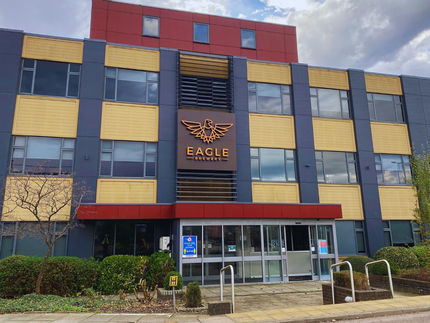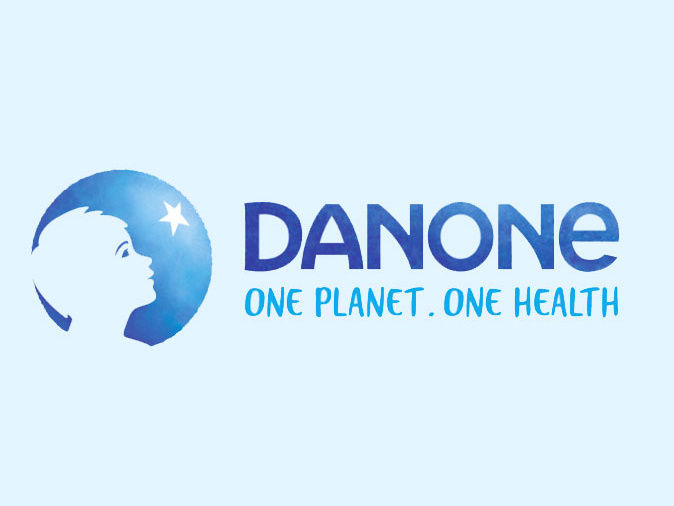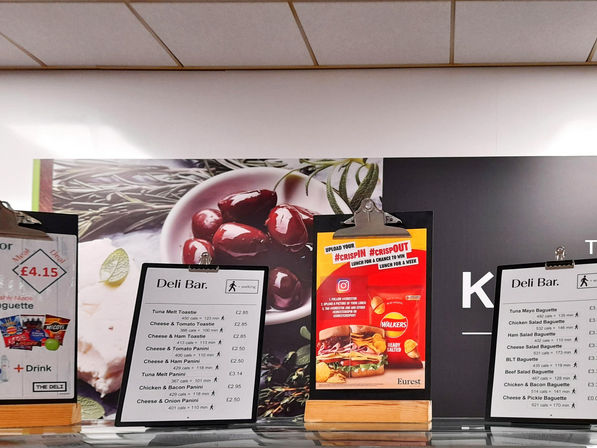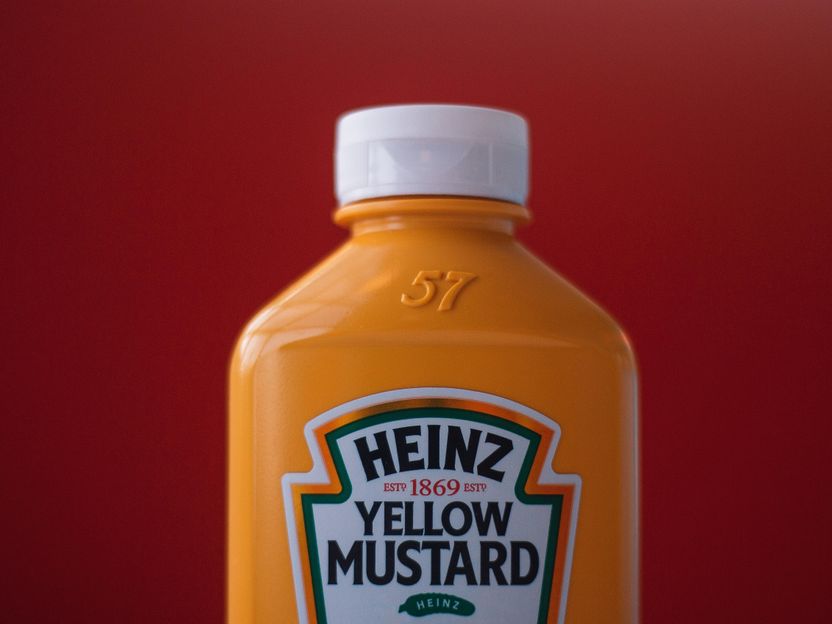HEINEKEN Spain and Fertiberia launch a world pioneer project to produce sustainable malting barley from green hydrogen
Spain and Grupo Fertiberia have sealed an alliance for the launch of 'Green Malt', a pioneering project worldwide that aims to minimize emissions produced in the cultivation of malting barley. This joint commitment to innovation, sustainable agriculture and the fight against climate change is the largest international project of its kind currently in existence.
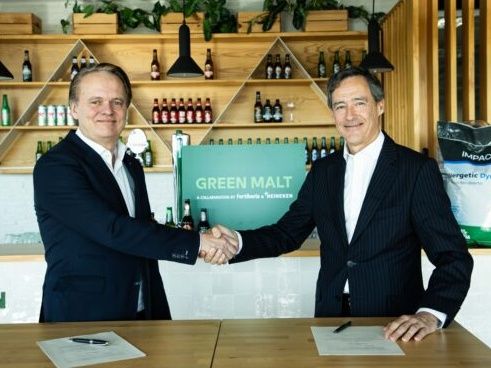
HEINEKEN España
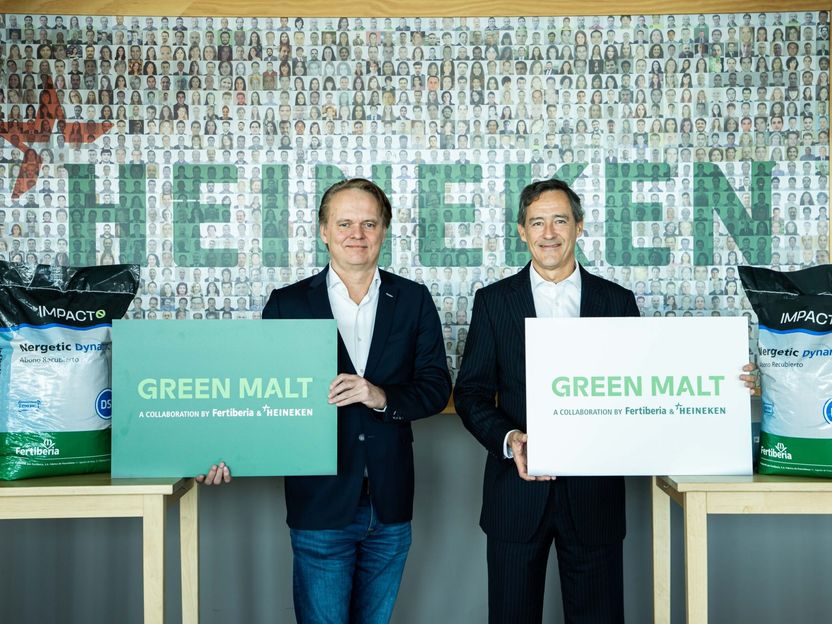
HEINEKEN España
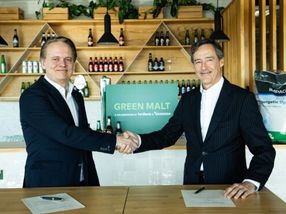
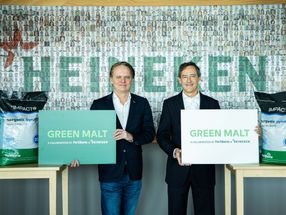
Both companies will promote the use of the world's first fertilizers produced on a large scale from green hydrogen, Fertiberia Impact Zero's sustainable plant nutrition solutions. In addition, they will promote the use of the best technologies of agriculture 4.0 (digital and agronomic, among others), as they will be based on big data to achieve the most efficient application techniques. Thus, soils throughout the geography will be analyzed to understand their composition and behavior and create ad hoc nutritional solutions for each type of soil, in addition to adjusting the dosage that optimizes the harvest through precision agriculture and rational fertilization.
The first sowings have already started in Andalusia and will be progressively extended to barley crops in the area. Specifically, this type of sustainable fertilizer improves the agronomic advantages that a conventional fertilizer can offer by incorporating additives that make it more efficient and is also free of CO2 emissions because natural gas is replaced by green hydrogen in the manufacturing process.
HEINEKEN Spain will thus become the first company to brew beer from malting barley with a very low carbon footprint. And its brands, including Heineken®, Cruzcampo, Amstel and El Águila, will be the first to bring this sustainable agricultural innovation to the Spanish market. Adding a new green advantage to the ingredients that give life to their beers, which are already locally sourced in 92% of cases and come from certified sustainable crops in 78%.
"Grupo Fertiberia marked with Impact Zero the beginning of a stage in the production of emission-free plant nutrition solutions manufactured with the most innovative technology. The alliance with HEINEKEN Spain, one of the agri-food companies most committed to sustainability in the world, shows us that we are on the right path", says its CEO, Javier Goñi, for whom "both companies are leading together an initiative that demonstrates in the present what the agriculture of the future will be like".
For his part, Etienne Strijp, president of HEINEKEN Spain, says: "Being carbon neutral throughout our value chain represents a huge challenge, which we can only achieve if we work with partners as involved as Fertiberia. A leading company in its sector that helps us to make better use of natural resources and care for the environment while boosting the competitiveness of our farmers and contributing to writing a new chapter for the Spanish and even the world's countryside. This project thus becomes a best practice for our Group."
This project represents a major step forward in the brewer's Decidedly Green roadmap and its ambition to be carbon neutral throughout its value chain (from the field to the consumer) by 2040. As well as its goal of reducing these CO2e emissions by 30% by 2025, five years before the date it has set itself as a global company. To achieve this, aware that its production accounts for only 9% of the total CO2e emissions of its activity, it is concentrating its efforts in Spain on the areas that have the greatest impact, such as packaging and agriculture.
The Fertiberia Group is the ideal partner to meet this challenge. The only company capable of producing green plant nutrition solutions on a large scale to support a project of this magnitude. And the first company in its sector in the world to commit to reducing its net emissions to zero by 2035. The key to achieving this goal lies in the production of fertilizers from renewable energy sources, a step it has already taken at its Puertollano industrial site, to be followed in the future by the other plants in Spain (Palos de la Frontera, Avilés and Sagunto).
Note: This article has been translated using a computer system without human intervention. LUMITOS offers these automatic translations to present a wider range of current news. Since this article has been translated with automatic translation, it is possible that it contains errors in vocabulary, syntax or grammar. The original article in Spanish can be found here.

